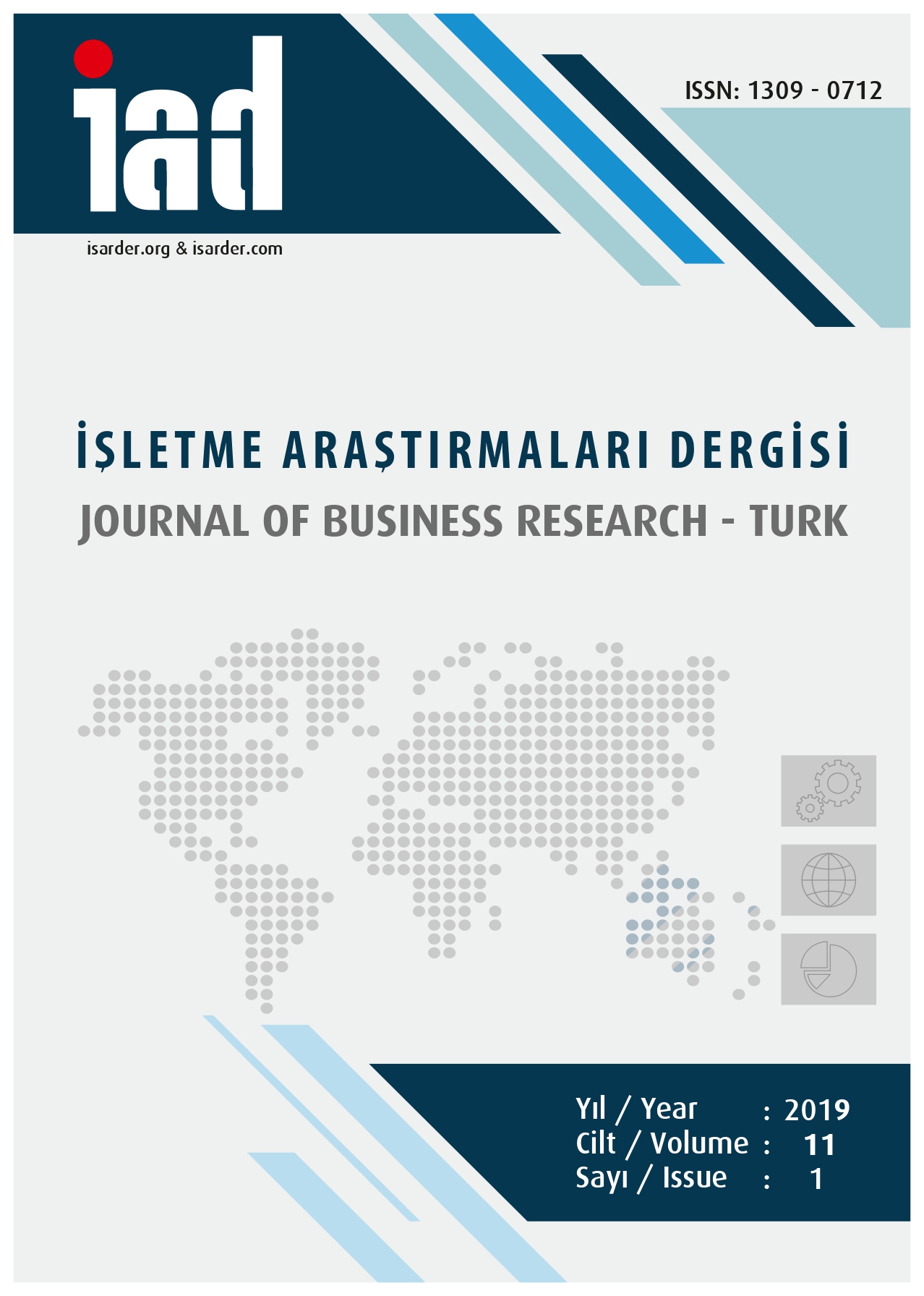Dinamik Değişimlere Uyarlanabilir Bir Sistem: Zamana Dayalı Maliyetleme ve Avantajlarını Doğrulayan Bulgular
An Adaptive System for Dynamic Changes: Time-Based Costing and Evidences on Its Advantages
Author(s): Soner Gökten, Şeyma Miray SalerSubject(s): Business Economy / Management, Accounting - Business Administration
Published by: Orhan Sağçolak
Keywords: Idle capacity; Cost; Time driven activity based costing;
Summary/Abstract: Purpose – This study aims to investigate the existence of the advantages proposed in the literature for time-based activity-based costing approach by acting on the actual data of a sample enterprise. Design/methodology/approach – In this study, case-based analytical research method was applied. Activity-based costing and time driven activity-based costing results were compared in terms of ease of implementation, capacity and unit costs in order to observe the benefits of using time factor as a cost driver. Findings – According to the results, time-based costing was found to have the ability in determining the idle capacity separately. Therefore, time-based activity-based costing system increases the accuracy of unit cost calculations. In addition, the use of time in cost allocation makes the method easily adaptive and sustainable through increased speed and flexibility. Discussion – The activity-based costing approach has solved a single cost pool and a limited number of allocation key problems arising from traditional costing based on the principle that resources are consumed by activities and activities are consumed by products. However, the high cost, the adaptation problem and the inability to determine the idle capacity make the method more difficult to implement. Time driven activity-based costing system was developed to eliminate these shortcomings. This method based on time as a cost driver makes it possible to calculate idle capacity and makes possible to adapt quickly to changes due to time-based capacity measurement.
Journal: İşletme Araştırmaları Dergisi
- Issue Year: 11/2019
- Issue No: 1
- Page Range: 625-640
- Page Count: 16
- Language: Turkish

